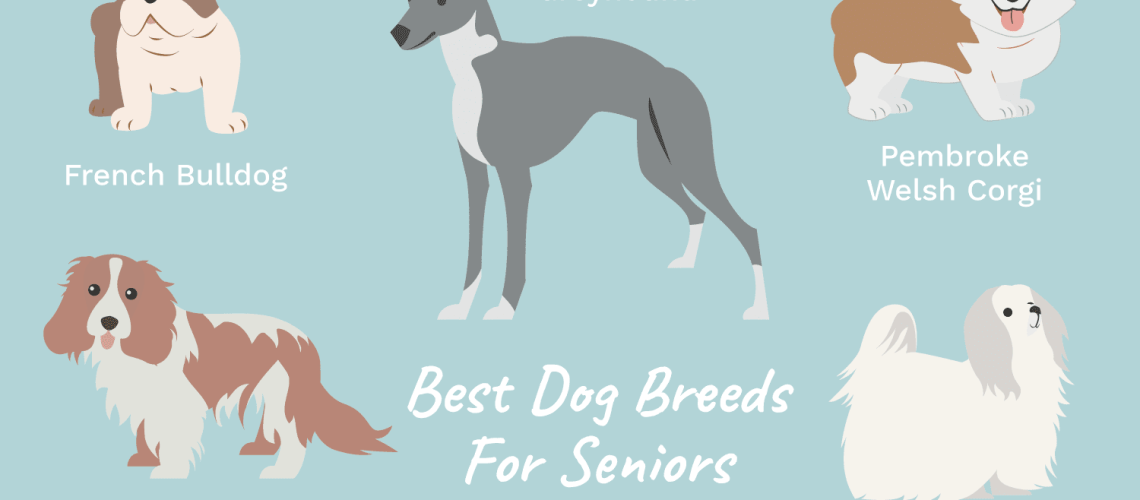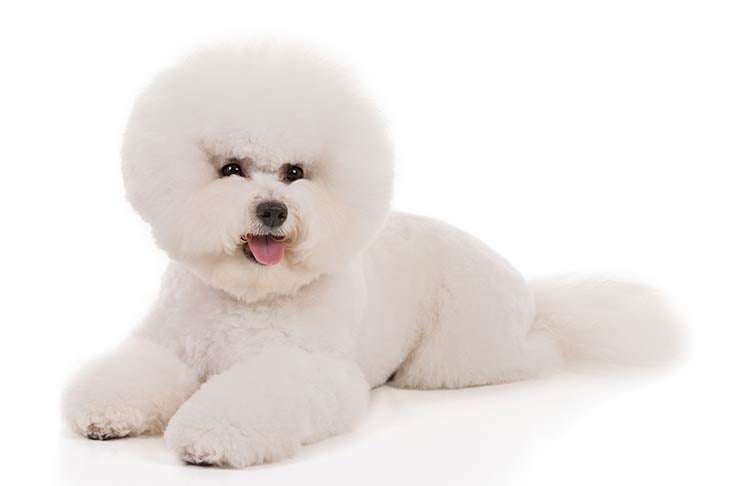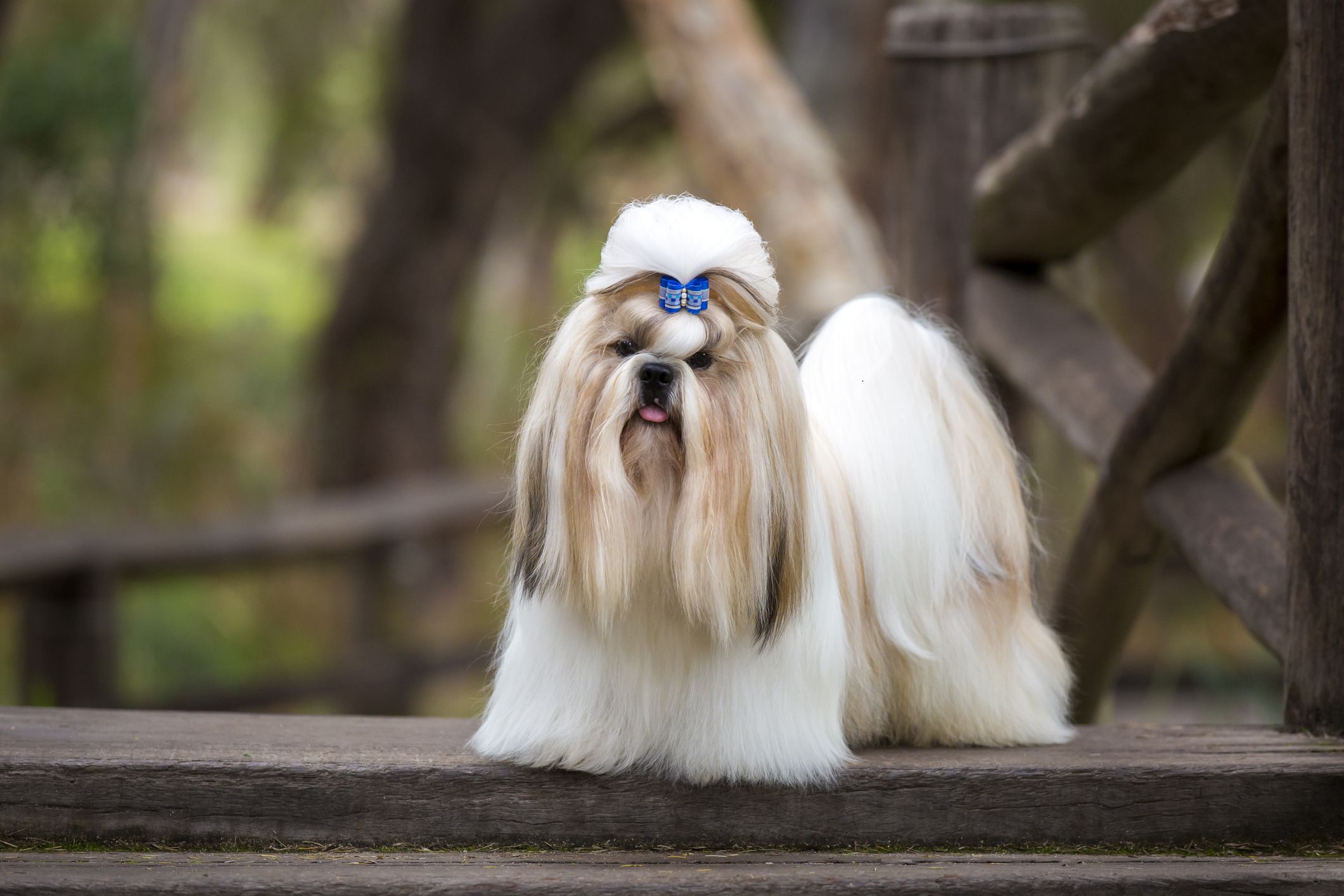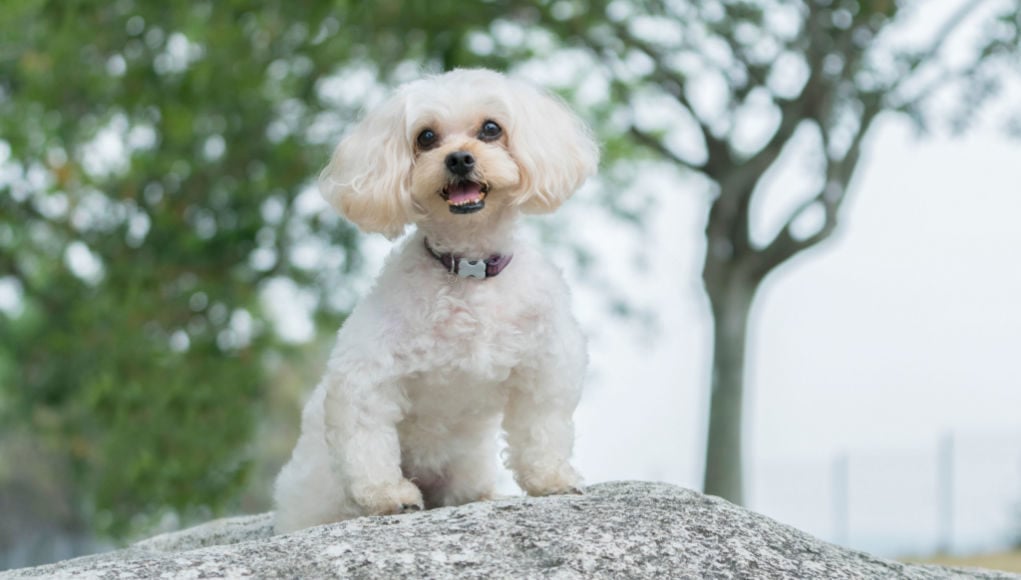Key Takeaways:
- Small and low-energy breeds like the Cavalier King Charles Spaniel are great companions for older adults who may have limited mobility or energy levels.
- Breeds such as the Bichon Frise and Shih Tzu are known for their friendly and affectionate nature, making them ideal for seniors seeking companionship.
- Older adults looking for a loyal and protective dog may prefer breeds like the Miniature Schnauzer or Pomeranian.
- The French Bulldog is a popular choice for older adults due to its small size, low exercise needs, and easygoing temperament.
- Senior dog breeds like the Greyhound or Whippet make excellent choices if an older adult still enjoys going on walks or runs but prefers a breed with lower exercise requirements.
Are you an older adult looking for a furry companion to brighten your days? Well, look no further because we have gathered the top 17 best dog breeds specifically suited for you! Whether you're seeking a loyal companion or a playful friend, understanding the importance of choosing the right breed can make all the difference in your happiness and well-being.
The Importance of Choosing the Right Dog Breed for Older Adults
Choosing the right dog breed is crucial for older adults because it can greatly impact their overall well-being and quality of life. Dogs can provide companionship, emotional support, and even help with physical exercise. However, not all dog breeds are suitable for older adults due to factors such as size, energy level, and temperament.
For example, some larger dog breeds may be too strong or energetic for older adults to handle, while others may require extensive grooming or have health issues that require frequent vet visits. By selecting a dog breed that matches their lifestyle and capabilities, older adults can ensure a harmonious and fulfilling relationship with their furry companion.
The Benefits of Having a Dog as an Older Adult: How Can They Help?
Having a dog as an older adult can bring numerous benefits to one's life. Dogs are known to provide companionship and unconditional love, which can help combat feelings of loneliness and isolation that often come with aging. They offer a sense of purpose and responsibility, giving older adults something to care for and nurture.
Dogs also encourage physical activity through daily walks or playtime in the yard. This regular exercise helps keep older adults active and promotes better cardiovascular health. Additionally, dogs have been shown to reduce stress levels and improve mental well-being by providing comfort and emotional support.
Why Smaller Dog Breeds Are Recommended for Older Adults
Smaller dog breeds are often recommended for older adults due to their more manageable size and lower energy levels. These breeds are generally easier to handle physically, making them ideal companions for seniors who may have limited mobility or strength.
Smaller dogs also tend to require less space both indoors and outdoors, which is beneficial for older adults living in smaller homes or apartments. They are more likely to adapt well to a quieter lifestyle and may be less prone to excessive barking or destructive behavior.
Key Traits and Characteristics to Look for in Dog Breeds for Older Adults
When choosing a dog breed for older adults, there are several key traits and characteristics to consider. These include:
- Temperament: Look for breeds known for their calm and gentle nature, as they will be more suitable for older adults.
- Size: Opt for smaller or medium-sized breeds that are easier to handle and require less physical strength.
- Energy Level: Choose dog breeds with lower energy levels, as they will be more compatible with the activity level of older adults.
- Maintenance: Consider the grooming needs of the breed, as older adults may prefer breeds with minimal shedding or grooming requirements.
- Trainability: Look for breeds that are known to be obedient and easy to train, as this can make caring for them much easier.
Low-Maintenance Dog Breeds Ideal for Older Adults: Meet Your Perfect Companion
If you're an older adult looking for a low-maintenance dog breed, here are some options worth considering:
Bichon Frise
The Bichon Frise is a small breed known for its friendly and affectionate nature. They have minimal shedding and require regular grooming to keep their coat looking its best.
Pomeranian
Pomeranians are small dogs that make excellent companions. They have a thick double coat that requires regular brushing but shed minimally. Pomeranians are intelligent and can be trained easily.
Cavalier King Charles Spaniel
The Cavalier King Charles Spaniel is a gentle and loving breed. They have a medium-length coat that requires regular brushing but are generally low-maintenance in terms of exercise needs.
Larger Dog Breeds That Could Suit Older Adults: Finding the Right Fit
While larger dog breeds may require more physical strength to handle, some can still be suitable for older adults who are up for the challenge. Here are a few options:
Golden Retriever
Golden Retrievers are known for their friendly and loyal nature. They require regular exercise but make great companions for active older adults who enjoy outdoor activities.
Basset Hound
Basset Hounds have a calm and easygoing temperament. They may have droopy ears that need regular cleaning, but they generally have lower exercise needs compared to other larger breeds.
Shih Tzu
The Shih Tzu is a small to medium-sized breed with a friendly and affectionate personality. While they may require regular grooming, they are generally adaptable and can fit well into an older adult's lifestyle.
Benefits of Larger Dog Breeds for Older Adults
Physical and Emotional Support
Larger dog breeds can provide valuable physical and emotional support to older adults. These dogs are often strong and sturdy, making them ideal companions for individuals who may need assistance with mobility or balance. With their size and strength, larger dogs can help older adults feel more secure when walking or performing daily tasks. Additionally, these breeds are known for their loyalty and affection, which can greatly benefit the emotional well-being of older adults. The presence of a larger dog can provide comfort, companionship, and a sense of purpose.
Exercise and Activity
Owning a larger dog breed can encourage older adults to engage in regular exercise and physical activity. Many larger breeds require daily walks or playtime to stay healthy and happy. This can motivate older adults to get outside, enjoy fresh air, and maintain an active lifestyle. Regular exercise not only benefits the physical health of older adults but also improves mental well-being by reducing stress and promoting a positive mood.
Choosing the Right Fit
When considering a larger dog breed as a companion for an older adult, it is important to choose the right fit based on individual needs and preferences. Factors such as energy level, temperament, grooming requirements, and space availability should be taken into account. Some suitable options for older adults include Labrador Retrievers, Golden Retrievers, or Boxers. These breeds are known for their friendly nature, adaptability, and ease of training. It is recommended to consult with local animal shelters or breed-specific rescue organizations to find the perfect match.
Tips for Caring for Larger Dog Breeds
- Provide regular exercise: Ensure your larger dog gets enough physical activity through daily walks or play sessions.
- Maintain a balanced diet: Feed your dog high-quality food suitable for their breed and size to support their overall health.
- Regular grooming: Larger dogs may require more frequent grooming, including brushing their coat and trimming nails.
- Regular vet check-ups: Schedule regular visits to the veterinarian to monitor your dog's health and address any potential issues.
Remember, owning a larger dog breed can be a rewarding experience for older adults. The companionship, support, and joy they bring can greatly enhance the quality of life for both the dog and their owner.
In conclusion, older adults can consider dog breeds like the Cavalier King Charles Spaniel, Bichon Frise, and Pomeranian, among others. These breeds are known for their affectionate nature, low exercise needs, and adaptability to a calm lifestyle, making them great companions for seniors.
What is the best dog for people over 60?
Some dog breeds, such as Poodles, Maltese, Pomeranians, and pugs, are recommended as good pets for seniors. These breeds are typically low-maintenance and require less exercise. However, the ideal dog breed for an older adult will depend on their individual lifestyle and capabilities.
Should a 70 year old get a puppy?
Having a puppy can greatly benefit the health of seniors, as it can lead to improved sleep, decreased pain and stress, and enhanced ability to handle physical and emotional symptoms. Although taking care of a puppy requires effort initially, the long-term effects on health and overall well-being are significant.
What is the best non shedding dog for seniors?
Poodles are a perfect fit for older couples because they are gentle and caring. While they do need regular grooming every four to six weeks, they are an excellent choice for seniors as they do not shed.
What is the best size dog for seniors?
According to Rappoport, small dogs (weighing between 8 and 20 pounds when fully grown) are generally more suitable for seniors. Older adults may find it challenging to walk a larger, stronger dog on a leash or lift a 50-pound dog, especially when it needs assistance getting into a car or climbing stairs. Some excellent small breeds to consider are Bichon Frise.
Is 70 too old to have a dog?
Dogs make excellent companions for people of all ages, but they are particularly beneficial for seniors. Not only do they offer unmatched companionship, but raising a dog can also have positive effects on the physical and mental well-being of older adults.
Should I get a dog at 80?
Is it advisable for someone over 80 to own a dog? A person in good health who is over 80 can experience positive effects from owning a dog. Dogs make great companions for people of all ages, including elderly individuals. Research indicates that senior citizens who own dogs can enjoy health advantages such as reduced blood pressure.

















